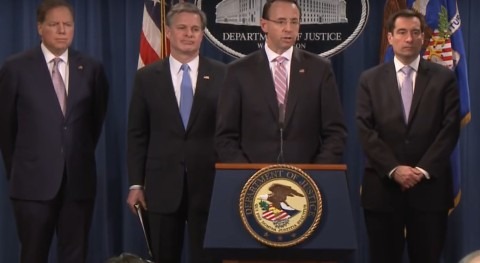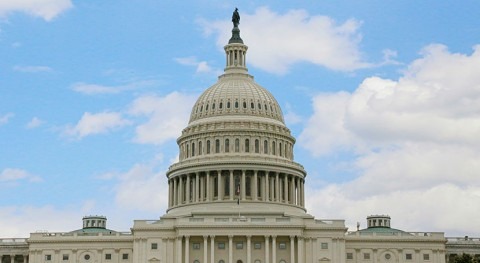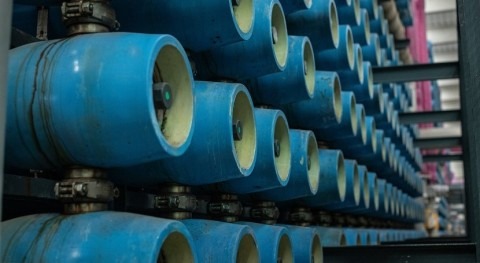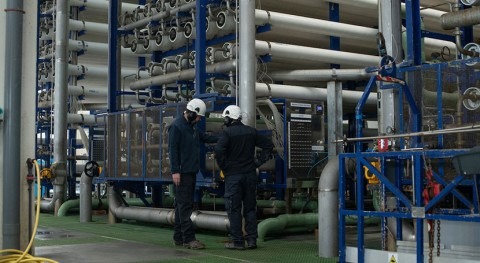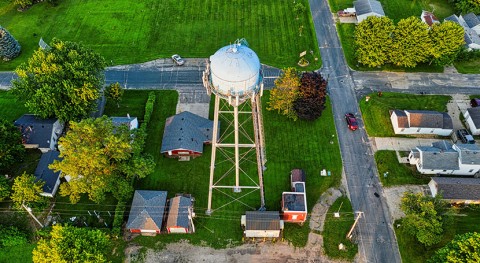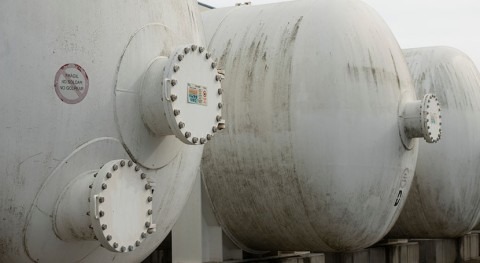Yesterday President Joe Biden signed into law the Infrastructure Investment and Jobs Act. A “once-in-a-generation investment” in infrastructure, it authorizes $1.2 trillion to be spent over five years to improve water, energy, transportation and communications systems, including $550 billion in new spending plus regular annual spending. President Biden has highlighted expanding access to clean drinking water and tackling the climate crisis among the objectives of the new legislation, which also addresses other water-related priorities.
The new law will improve drinking water and sanitation in three major ways, according to an analysis by Vox: addressing lead pipes, PFAS contamination, and ageing sewage systems. It includes $15 billion to replace lead pipes used in drinking water systems. Another $10 billion will go to cleaning up PFAS: EPA’s funds for state grants to deal with this class of chemicals are increased. Finally, $30 billion will go to upgrading wastewater systems, one of the most important investments to ensure communities are prepared for the effects of climate-change driven floods.
In addition, $1 billion will go to water recycling programs in the Western United States. It is a historical investment, since water recycling has until now received about $65 million per year through the Bureau of Reclamation. A federal Interagency Working Group on Water Reuse will also be established to advance work in this area.
Further water-related investments are expected through the Build Back Better Act (also known as the budget reconciliation package), including major climate action investments. The latest version of this bill, undergoing negotiations, calls for more than $1.75 trillion in spending.








